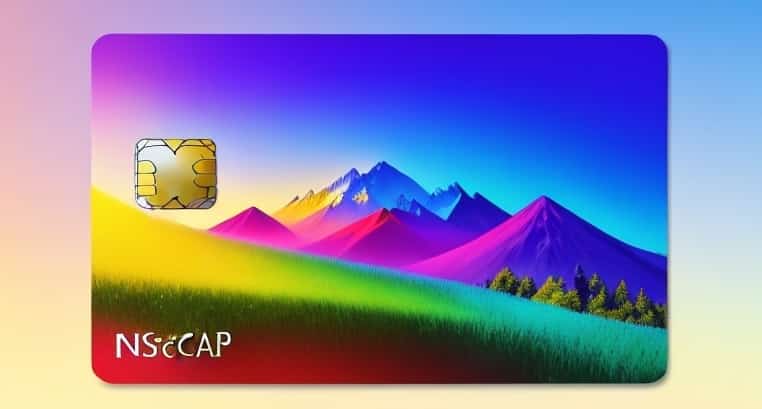Microtransactions have become a contentious topic in the gaming industry, transforming the way games are monetized and experienced. While these small in-game purchases offer additional content and convenience, they have raised concerns about their impact on gameplay, fairness, and the overall gaming experience. In this article, we will delve into the world of microtransactions, exploring their effects on gaming and the ongoing debate surrounding their implementation.
Understanding Microtransactions (Word count: 200) Microtransactions are in-game purchases that allow players to acquire virtual goods, such as cosmetic items, gameplay enhancements, or even additional content. They are typically facilitated through real-world currency or in-game currency that can be purchased with real money. Microtransactions have gained popularity due to their convenience and the revenue they generate for game developers. However, the implementation and impact of microtransactions have been met with mixed reactions from gamers and the wider gaming community.
Balancing Fun and Fairness (Word count: 200) One of the key concerns surrounding microtransactions is their potential to disrupt the balance of gameplay and fairness. When microtransactions offer advantages that affect gameplay, it can create a pay-to-win scenario, where players who spend more money gain an unfair advantage over those who don't. This can lead to frustration and a lack of enjoyment for players who are unable or unwilling to invest additional funds. Striking a balance between monetization and maintaining a level playing field is crucial to ensure fairness and preserve the integrity of the gaming experience.
The Rise of Loot Boxes
Loot boxes are a specific type of microtransaction that has sparked controversy in recent years. These virtual crates or packages contain random items, and players can purchase them with real or in-game currency. The random nature of loot boxes has drawn comparisons to gambling, leading to concerns about their impact on vulnerable players, especially younger audiences. Regulatory bodies in some countries have taken steps to classify loot boxes as a form of gambling and impose regulations to protect consumers.
Ethical Considerations
Microtransactions also raise ethical considerations in the gaming industry. There is a fine line between offering optional content and exploiting players through manipulative design and psychological tactics. Some game developers have been criticized for employing predatory practices, such as intentionally creating a grind or artificial scarcity to push players towards microtransactions. This has led to calls for increased transparency, consumer protection, and responsible monetization practices within the gaming industry.
The Evolution of Free-to-Play Games
Microtransactions have played a significant role in the rise of free-to-play games. This business model allows players to access the core gameplay experience without an upfront cost, while microtransactions provide a revenue stream for ongoing development and support. Free-to-play games have democratized access to gaming, allowing a wider audience to enjoy interactive experiences. However, developers must strike a delicate balance to ensure that players who choose not to spend money can still progress and have an enjoyable experience.
Player Sentiment and Backlash
The introduction of microtransactions has prompted significant backlash from players and gaming communities. Consumer sentiment against predatory practices and pay-to-win mechanics has led to boycotts, negative reviews, and vocal criticism of games that prioritize microtransactions over player satisfaction. This player-driven backlash has forced developers and publishers to reassess their monetization strategies and find ways to address player concerns while still generating revenue.
The Future of Microtransactions
The future of microtransactions lies in finding a balance that respects player enjoyment, fairness, and sustainable revenue generation. Game developers and publishers are increasingly exploring alternative models, such as cosmetic-only microtransactions or expansion packs, to strike a healthier equilibrium. Additionally, increased transparency, clear communication, and player feedback are crucial in shaping the future of microtransactions, ensuring that they add value to the gaming experience without compromising fairness or exploiting players.
Microtransactions have undeniably impacted the gaming industry, offering new opportunities for revenue generation and player engagement. However, striking a balance between fun and fairness remains a challenge. It is crucial for game developers, publishers, and the wider gaming community to work together to find ethical and consumer-friendly approaches that prioritize player satisfaction while allowing for sustainable monetization. By addressing concerns, fostering open dialogue, and embracing responsible practices, the gaming industry can ensure that microtransactions enhance, rather than hinder, the gaming experience.

.jpg)
.jpg)
